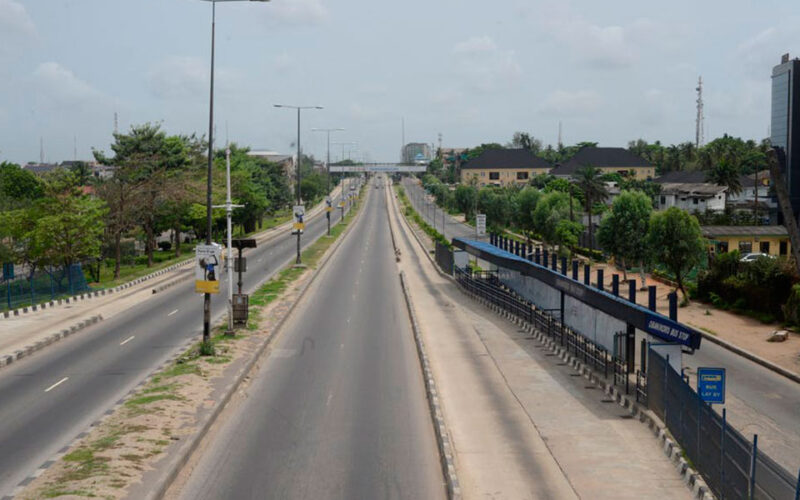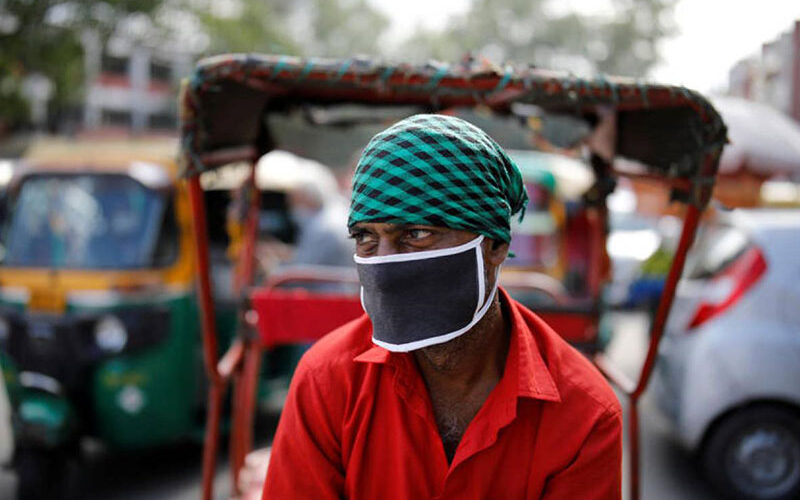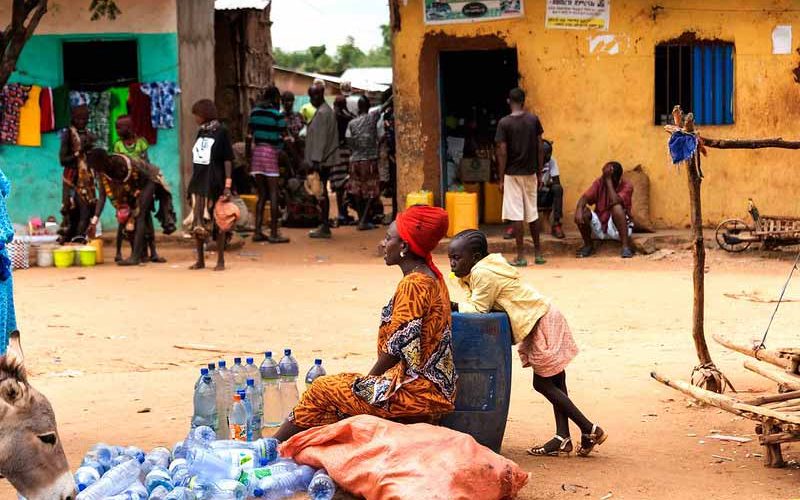
Nigeria’s pandemic lockdown measures were hard on informal workers
During the first wave of the pandemic in Nigeria, security forces were mandated to enforce lockdown and stay-at-home orders. Intended as public health measures, these controls inflicted collateral damage. Authors CHIDI NZEADIBE, Professor of Environmental Management & Sustainability, University of Nigeria CHRISTIAN EZEIBE, Senior Lecturer, Political Science, University of Nigeria KELECHI ELIJAH NNAMANI, Lecturer and Researcher, Department of Political Science, University of Nigeria NKEMDILIM PATRICIA ANAZONWU, Lecturer and researcher, Social Work, University of Nigeria NNABUIKE OSADEBE, Lecturer, Sociology and Anthropology , University of Nigeria OBIORA ANICHEBE, Associate Professor of Social and Political Philosophy, University of Nigeria PETER MBAH, Professor of…


